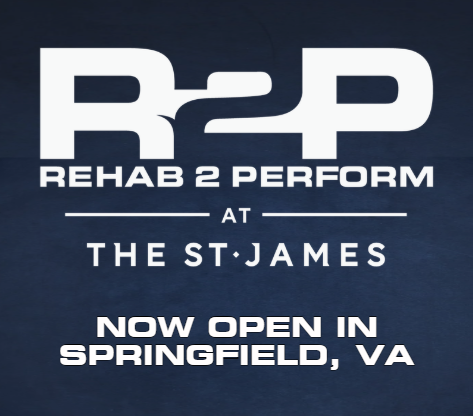Postpartum Running – When Are You Ready?

Postpartum Running: Key Milestones to Hit First
As both a pelvic health physical therapist and a mom who couldn’t wait to lace up her running shoes again after having kids, I know the excitement and impatience that comes with wanting to return to your old routine. Running can feel like a symbol of normalcy, strength, and freedom. But after childbirth, your body needs time—and the right kind of preparation—to get back there safely.
So how do you know when you’re truly ready to return to running postpartum?
The answer isn’t tied to a specific number of weeks. Instead, it’s about how well your body is recovering and whether you’ve hit some important physical milestones first.
Why the Wait Matters
Pregnancy and delivery, whether vaginal or C-section, impact the pelvic floor, abdominal wall, and entire core system. Returning to high-impact activity too soon can lead to issues like:
- Pelvic organ prolapse
- Urinary incontinence
- Diastasis recti (abdominal separation)
- Hip, back, or joint pain
Rather than guessing or relying on a date on the calendar, a better approach is to look at your body’s readiness. That’s where physical therapy—and a return-to-run screening—comes in.
Milestones to Hit Before You Start Running Again
These are the key signs we look for in the clinic to help determine whether a postpartum person is ready to begin running:
1. Pain-Free Daily Movement
Can you walk briskly, go up and down stairs, lift your baby, and do daily tasks without pain, pressure, or leaking?
This is your baseline. You should be able to move through your normal day with good energy, no discomfort, and no pelvic floor symptoms.
2. Pelvic Floor Recovery
Before running, your pelvic floor needs to be functioning well under load. That includes:
- No leaking urine during activity
- No pelvic pressure or heaviness
- No pain during sex
- No difficulty with bowel movements
Pelvic floor physical therapy can help you assess your strength, coordination, and endurance. If needed, we can tailor a plan to get these systems functioning again.
3. Core Control and Diastasis Recti Management
You don’t need a “perfect” six-pack, but you do need functional core control. That means:
- No visible doming or bulging through the midline
- Good engagement of deep abdominal muscles during movement
- Coordination between your breath, core, and pelvic floor
If you still notice coning, poor tension, or feel disconnected from your abs, it’s a sign that your system isn’t quite ready for high-impact movement yet.
4. Strength and Stability
Before returning to running, you should be able to perform the following exercises without symptoms like leaking, pressure, or pain:
- 20 single-leg calf raises per side
- 10 single-leg bridges per side
- 10 controlled single-leg sit-to-stands
- 30-second single-leg balance per side
- 1-minute plank with good form
- Jog in place for 1 minute
- Single leg hop in place for 1 minute
These moves mimic the demands of running and help us see how your body manages impact.
5. Mental Readiness and Rest
The early postpartum period is exhausting—emotionally and physically. Being mentally ready, getting enough sleep, and having support in place all matter.
Running is a stressor on the body. It shouldn’t be your main form of stress relief if you’re already depleted.
How Pelvic Floor PT Can Help
At Rehab 2 Perform, we work with postpartum runners to assess and rebuild:
- Core and pelvic floor strength
- Breathing mechanics and posture
- Running form and mechanics
- Return-to-run progressions based on your goals
Whether you’re 3 months postpartum or 3 years, it’s never too late to check in with your body and make sure it’s moving well.
Ready 2 Return 2 Running Confidently?
If you’re wondering whether your body is ready, we’d love to help you figure it out. A postpartum running readiness assessment gives you the clarity, confidence, and support to return safely—and feel stronger than ever.
Schedule your pelvic health evaluation today at Rehab 2 Perform:
www.rehab2perform.com/pelvic-health
Let’s make your comeback strong, informed, and on your terms.
- Dr. Jamie Schindler, DPT, SCS, CSCS, Pelvic Health Specialist & Area Director- Annapolis & Gambrills

About Rehab 2 Perform
Rehab 2 Perform is a leading physical therapy and sports rehabilitation company dedicated to helping clients achieve optimal performance in their daily lives, whether they are athletes, weekend warriors, or individuals recovering from injury. With a team of highly skilled professionals across 11 state-of-the-art locations (soon to be 12), Rehab 2 Perform offers a personalized, evidence-based approach that emphasizes active rehabilitation and functional fitness. Find a Location near you, or Schedule Here.

